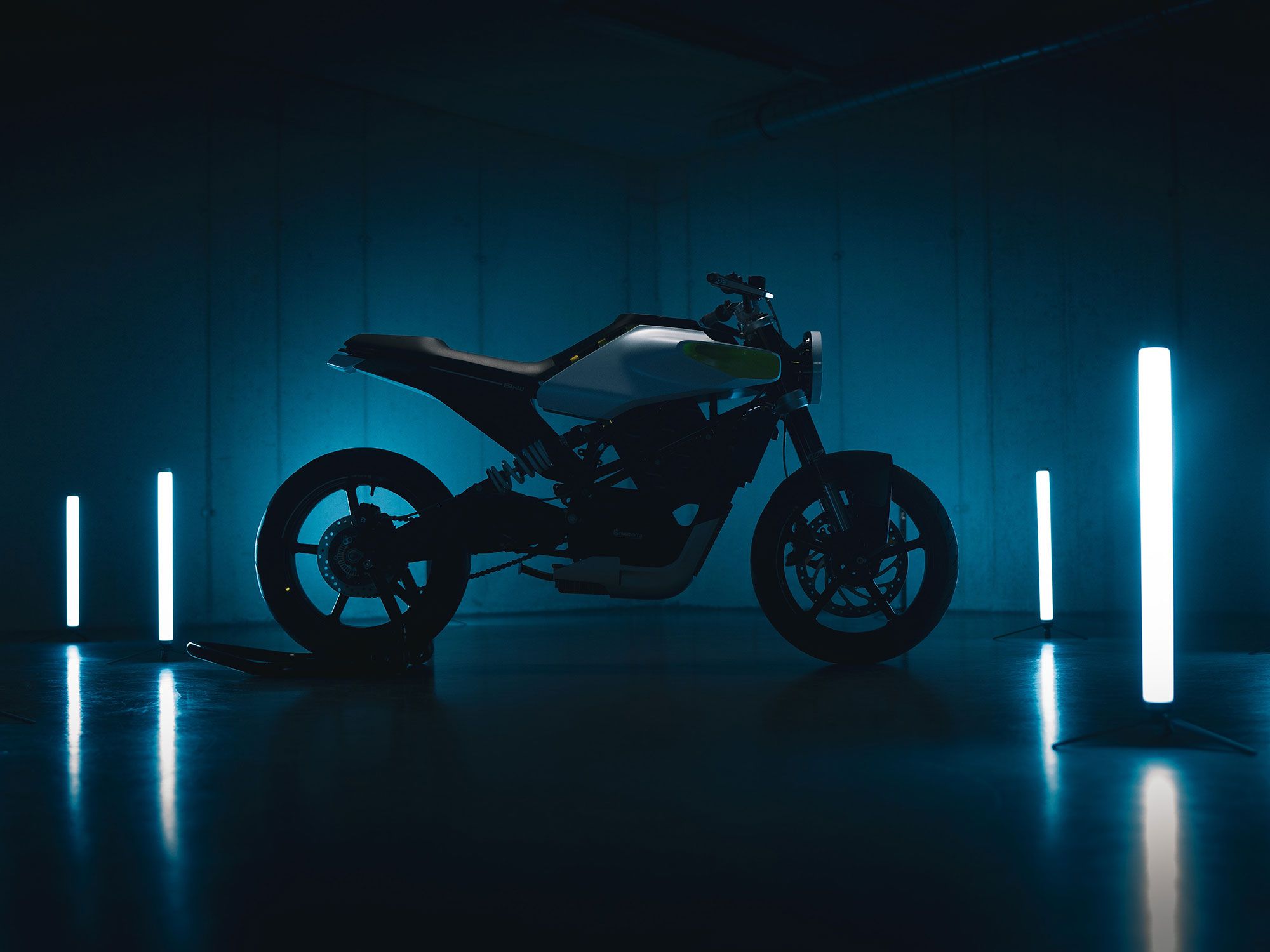
The move to a standardized, swappable motorcycle battery for electric motorcycles from major manufacturers took a big step forward. Yamaha, Honda, KTM, and Piaggio have officially signed an agreement to create the Swappable Batteries Motorcycle Consortium, which will prompt the start of work toward a number of goals.
These goals include continuing the development of swappable battery technology and confirming the usage of said batteries in vehicles like motorcycles, mopeds, scooters, and other light electric vehicles. It will also create and promote its battery specs to ensure they become standardized in global markets.
To achieve these goals the consortium will be working with standardization bodies throughout the world to ensure that infrastructure needs are met. It also invites any interested stakeholders to join the consortium as well, so it may not be long before we see other major brands like Kawasaki, Suzuki (two of the founding members of the consortium back in 2019 when its focus was on increasing ebike use in Japan), and others become part of the mix.
This news has been on the horizon for a while, with the SBMC signing a letter of intent back in March that signified movement toward this initial goal and beyond.
Below you will find comments from each of the signers, provided in a Yamaha corporate release.
Related: Yamaha Electric Motor Reaches Highest Output Density in Class
Takuya Kinoshita, senior executive officer, chief general manager of land mobility business operations, Yamaha Motor Co., Ltd.: “The Swappable Batteries Motorcycle Consortium in Europe is finally ready to get to work. I hope that this first step forward will be a beacon that draws like-minded parties to our mission and leads to transformative changes for the future. We at Yamaha Motor are confident that through this initiative, we can help unify the differing technical specs and standards and contribute to maximizing the merits of electric power for customers around the world.”
Yoshishige Nomura, chief officer, motorcycle operations, Honda Motor Co., Ltd.: “Honda believes that the widespread adoption of electric motorcycles can play an important part in realizing a more sustainable society. For that purpose, we need to solve several challenges such as extending the range, shortening the charging time, and lowering the vehicle and infrastructure costs to enhance convenience for customers. In the Consortium we have created, the founding members from the motorcycle industry and other stakeholders will work together toward standardizing swappable batteries, their charging systems, and surrounding infrastructure to create the environment for their use. Our final goal is to ensure that motorcycles will continue to be chosen as a useful method of transportation in future mobility.”
Stefan Pierer, CEO Pierer Mobility AG: “The signing of this Consortium agreement is a key step in ensuring that Pierer Mobility AG can continue to move forward, deliver innovation at pace, and advance its clear strategic vision for electric-powered two-wheelers. Together with our partners, we will work to deliver a swappable battery system for low-voltage vehicles (48V) up to 11kW capacity, based on international technical standards. We very much look forward to ensuring that powered two-wheeler vehicles maintain their role in the future of both urban and nonurban mobility.”
Related: Universal Electric Motorcycle Battery Development
Michele Colaninno, chief of strategy and product of Piaggio Group: “Urban mobility is going through a delicate moment of transition toward electrification. Thanks to our Consortium, representing four major global players, motorbikes will continue to play a key role in the urban context. Swappable batteries give the right answer to speed up the recharging time of vehicles offering an additional valuable choice for users. Urban mobility is part of the Piaggio DNA and history: our aim is to bring all our technological know-how and attitude for innovation to the Consortium.”
Source: MotorCyclistOnline.com
